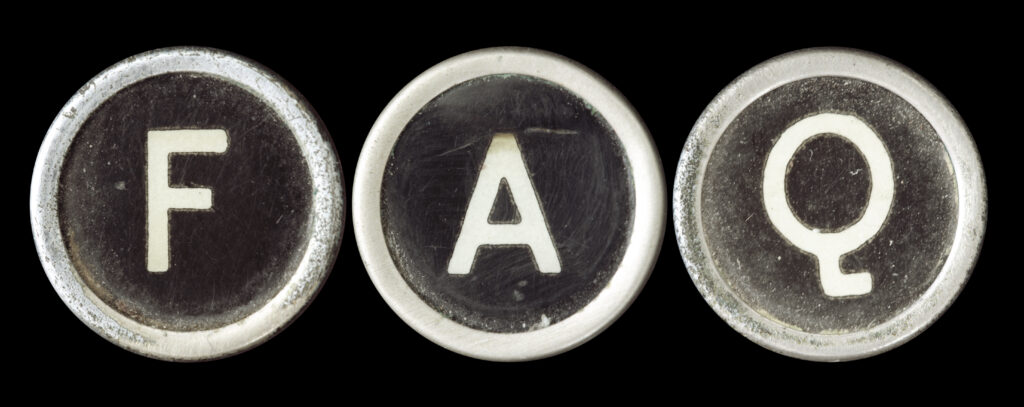What we will need from you to start a Tow Company lien:

Your name and Company name, phone number, physical and mailing addresses.
We will need the name and address of the last known driver of the vehicle. as well as a name and an address for ANY person known or thought to have an interest in the vehicle.
Your posted daily storage rate.
Value of the vehicle / vessel / motorcycle / RV / offroad vehicle.
Date the vehicle came into your possession.

The year, make, model, license number, and vIN number.
we would also need the engine number if a motorcycle, snow mobile, scooter, or quad.
For vessels, the -hin- number or the hull number, CF number, builder, type, length, and exact monetary value as it sits today.
If the vessel has a trailer, it will need to be submitted at the same time as the boat so that they can be liened together.

You must have possession of the Vehicle/Vessel for the entire length of the lien sale.
Loss of possession immediately stops your lien.
Moving the vehicle from the physical location also stops your lien.
it can be moved around at the physical address, it just cannot leave that property.

The lien arises (becomes effective) at the time the registered owner is presented with a written statement of charges for completed work or services.
If, however, possession is the result of a public agency or private property impound, the lien arises when the vehicle is transported (towed). (DMV civil code 3068).
Vehicles under $4000 approximately 35 days.
Vehicles over $4000 and Vessel, usually 90 to 120 days, however DMV is delayed and is taking up to 5 months.
Out of state vehicles will add additional time to request the record from the other state.
No persons at I-Lien Lien Service can determine the value of a vehicle for you.
We can advise you on how the value of your vehicle relates to the type of lien you should file.
After submitting your order, we can help determine that with you.
For lien sale purposes, the public agency shall determine the estimated value of the vehicle.
If the public agency fails or refuses to estimate the value within three days after the date of removal of the vehicle, the garage keeper or the garage keeper’s agent must determine the estimated value of the vehicle.
Representatives at I-lien cannot determine the value for you.
The vehicle must be available for inspection at least one hour prior to sale.
A lien sale is a public sale and anyone with an interest, including the the general public or those claiming an interest in the vehicle, are welcome to attend and bid on the vehicle.
Bidding generally starts at what is owed – sealed bids are not allowed.
The legal owner must be notified within 15 days for storage charges to continue. If they are not notified before the 15 days, the legal owner can only be charged for the first 15 days and then commencing again three days after written notice has been sent to them.
The legal owner will be notified of the lien sale, along with the registered owner and any interested parties listed.
However, if the legal owner wishes to pick up the vehicle from you, they are only responsible for up to $1,250 plus the lien fees.
Yes! At least 10 consecutive days prior to and including the day of the sale, the lienholder shall post a Notice of Pending Lien Sale form in a conspicuous place on the premises of the business office of the lienholder and if the pending lien sale is scheduled to occur at a place other than the premises of the business office of the lienholder, at the site of the forthcoming sale.
The Notice of Pending Lien Sale form shall state the specific date and exact time of the sale and description of the vehicle, including the make, year model, identification number, license number, and state of registration. For motorcycles, the engine number shall also be included. The notice of sale shall remain posted until the sale is completed.
Storage rates are not regulated by the State of California. If you are a business who makes it a practice to regularly store vehicles, your daily storage rate should be clearly posted within your customer’s view.
I-lien cannot determine the storage rate for you.
A lien sale will typically provide you with no more than 15 days of storage at your posted rate. However, if the vehicle has out of state plates, if the vehicle ID has been altered or removed, if a person of interest arrives after the lien sale has been started, or if the lien sale has been opposed and we have received a Letter of Continuation from the California Department of Motor Vehicles, or if the vehicle’s value be determined to be more than $4000 you may be eligible for up to 120 days of storage at your posted rate.
No lien shall attach to any personal property in the vehicle.
The personal property in or on the vehicle shall be given to the current registered owner upon demand (personal property does not include wheels, radios, speakers or anything attached to the vehicle).
The lienholder shall not be responsible for personal property after the lien sale date.
If you sell the vehicle for more than you are owed on the sale date, you must submit theses additional funds to the Department of Motor Vehicles, Lien Sale Section, 2415 1st Ave., Sacramento, CA 95818 for deposit into the Motor Vehicle Account, State Transportation Fund.
This is to be submitted with a completed copy of the Certificate of Lien Sale.
If the lien sale date passes without an owner or interested party coming forward to pay for and pick up the vehicle, then the vehicle can be sold for any amount that can be agreed upon by the byer and seller.
YES. Any person known to have an interest in the vehicle may stop your lien by filing a Declaration of Opposition with the California Department of Motor Vehicles within the time frame allowed by law (This must be signed within 10 days of mailing the Notice of Pending Lien Sale.)
A Declaration of Opposition is (and must) be included with the Notice of Pending Lien Sale we mail to all Registered Owners, Legal Owners and Interested Parties.
If the department receives a Declaration of Opposition, notification is sent within 16 days to the lienholder informing him/her that the lien sale is denied and cannot be conducted unless:
*The lienholder files an action in court within 30 days of the date the department’s notice was mailed and a judgment is awarded to the lienholder that is not paid within five days of becoming final.
*The declarant signs the Releases Interest on the bottom of the denial letter.
*The declarant could not be served pursuant to CC §§3071 (e) or 3072 (e), and the lienholder submits an Application for Authorization to Continue Lien Sale After Unsuccessful Service (REG 659) with the unopened certified letter or court documents proving unsuccessful personal service.
When one of the items listed above is received, the department will send authorization to continue with the sale to the lienholder and notify the person who opposed the sale of the authorization.
(g) Following the sale of a vehicle, the person who conducts the sale shall do both of the following:
(1) Remove and destroy the vehicle’s license plates.
(2) Within five days of the sale, submit a completed “Notice of Release of Liability” form with the Department of Motor Vehicles.
(h) The Department of Motor Vehicles shall retain all submitted forms described in paragraph (2) of subdivision (g) for two years.
(i) No lien sale shall be undertaken pursuant to this section unless the vehicle has been available for inspection at a location easily accessible to the public at least one hour before the sale and is at the place of sale at the time and date specified on the notice of sale. Sealed bids shall not be accepted.
The lienholder shall conduct the sale in a commercially reasonable manner. All lien sale documents required by the department shall be completed and delivered to the buyer immediately following the sale.
Copyrights © 2024 - I-Lien - All Rights Reserved.